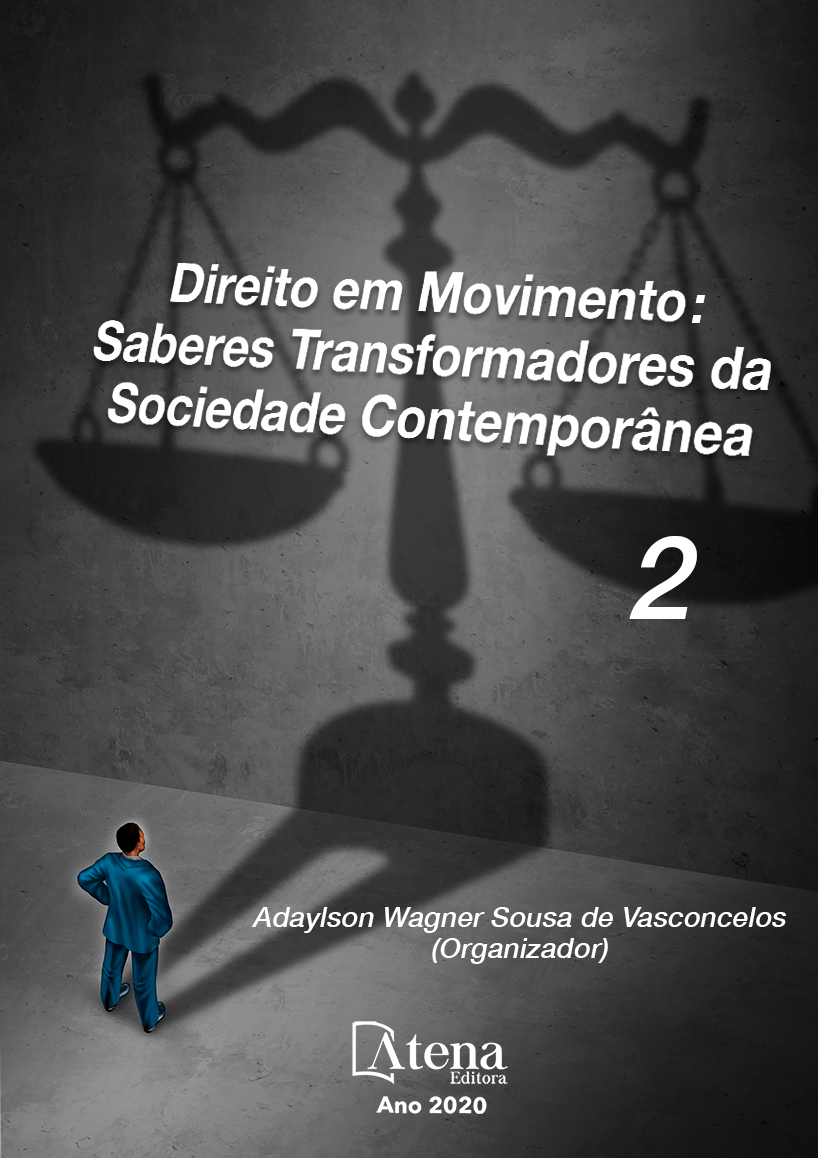
A FUNÇÃO SOCIAL DOS CONTRATOS: análise do art. 421 da Lei nº 10.406, de 10 de janeiro de 2002, à luz da Política Jurídica
“O homem nasce livre, e por toda a parte encontra-se a ferros. O que se crê senhor dos demais, não deixa de ser mais escravo do que eles. Como adveio tal mudança? Ignoro-o. Que poderá legitimá-la? Creio poder resolver esta questão”. Com este pensamento Rousseau inicia o seu “Contrato Social”. Já o art. 421 do novo Código Civil Brasileiro, cuja Lei foi sancionada em 10 de janeiro de 2002, afirma que “a liberdade de contratar será exercida em razão e nos limites da função social do contrato”. A partir destas premissas, neste artigo encontram-se as respostas à questão propostas de que se objeto da Política Jurídica deve ser considerado no universo das grandes reflexões e das grandes decisões, como deve ser o Direito? Fruto retórico da dominação ou instrumento estratégico das mudanças? Deverá ser ele descompromissado com a degradação do meio ambiente, mantendo-se como ineficaz remédio para os delitos contra a Natureza ou como poderoso mecanismo da prevenção desses males? O Direito deve ter compromisso apenas com o presente ou deverá estar empenhado na construção ética do devir?
A FUNÇÃO SOCIAL DOS CONTRATOS: análise do art. 421 da Lei nº 10.406, de 10 de janeiro de 2002, à luz da Política Jurídica
-
DOI: 10.22533/at.ed.7082018089
-
Palavras-chave: função social do contrato – Política Jurídica - Direito
-
Keywords: social function of the contract – Juridical Politics - Law
-
Abstract:
“The man is born free, and everywhere he is enslaved. Who considers himself as owner of the others, is but more slave than they. How did such change happen? I do not know. What can legitimate it? I believe I can solve this problem”. With this thought Rousseau begins his “Social Contract”. The article 421 of the new Brazilian Civil Code, whose law was sanctioned on January 10, 2002, already states, “The freedom of negotiating will be implemented in function and in the limits of the social function of the contract”. Starting from these premises, this article brings the answers to the proposed question that if object of the Juridical Politics should be considered in the universe of the great reflections and of the great decisions, how should be the Law? Should it be rhetorical result of the dominance or strategic instrument of the changes? Should it be indifferent with environment degradation, staying as ineffective solution for the crimes against the nature or as powerful mechanism of the prevention of those evils? Should the Law just have commitment with the present or should it be determined in the ethical construction of the future?
-
Número de páginas: 15
- LEVI HULSE
- Adelcio Machado dos Santos


